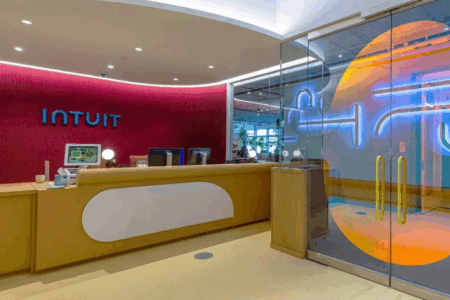The first half of the year is over and the results are in.
For the first six months of the year, the US-based S&P 500 index (INDEXSP: .INX) has risen by 14.5%, a healthy gain which comes on the heels of last year’s 24%-plus returns.
It’s a performance that even the most bullish analysts did not predict.
This disconnect tells you a lot about short-term forecasts (hint: they’re not reliable). It’s also why we are not in the business of guessing where the market is headed next.
But we recognise that some investors may be feeling a tinge of regret.
Tell me if this feels familiar …
If you bought shares one-and-a-half years ago, you are wishing you had bought MORE.
If you did NOT buy shares back then, you wish you did.
In particular, if you bought shares of Nvidia (NASDAQ: NVDA) a year and a half ago, my guess is that you are feeling a tinge of REGRET that you don’t own more.
As you look back at the market crash in 2022, the decline now looks very much like an opportunity, doesn’t it?
So, why didn’t investors act back then?
The tyranny of fear and regret
In November 2022, I wrote in the Business Times about “How Fear Robs Investors of Opportunities and Returns” — here’s an excerpt:
“With dark clouds gathering around the global economy, stocks are generally cheaper today compared to the past two years.
Yet, many are not won over by the lower valuations.
It’s not for the lack of data or analysis. There is more information readily available today than there has ever been.
Instead, the root of the problem is something simpler — FEAR.”
Judging by the strong market performance today, the fears of the past are no longer present. Yet, there is a different type of fear lurking in investor’s minds.
If you own shares today, you would loathe losing what you have gained.
If you don’t own shares today, it feels like a terrible time to invest when markets are at their highs.
Either way, falling stock prices look like a big RISK today. After all, no one likes to see their stock portfolio filled to the brim with red ink.
Ergo, a market crash may be seen as the largest risk in investors’ minds.
The dichotomy of market crashes
Hey, wait a minute.
Let’s back it up for a moment here: didn’t we just say that 2022’s market crash looks like a great OPPORTUNITY to buy stocks?
So, how can a potential market fall in the future be seen as the biggest RISK today?
How is it that a market decline be seen as both an opportunity and also a risk?
Best-selling author and partner at the Collaborative Fund, Morgan Housel said it best:
“Every past market decline looks like an opportunity, every future decline looks like a risk.”
Such is the dichotomy in the stock market we’re witnessing today.
The truth is stock markets will fall in the future.
They always have.
Historically, the S&P 500 has experienced corrections of 10% or more once every two years, according to wealth manager Ben Carlson.
Larger declines, such as the 2022 market crash, have happened before, albeit less frequently.
Mind you, saying the stock market will fall in the future is not a forecast for 2024.
It’s an expectation, as my good friend Eugene Ng, points out:
“Expectations are an acknowledgement of what’s likely to occur without professing insight into when it will happen.
Expectations are healthier than forecasts because they provide a vision of the future stripped of all false precision.”
In essence, knowing that something will likely happen is not the same as saying when it will happen.
The question is, what are you prepared to do when a market fall eventually happens?
Get Smart: Prepare, don’t predict
As Warren Buffett once said:
“Predicting rain doesn’t count. Building an ark does”
Every investor has different financial circumstances.
Wage earners may be more comfortable investing more in the stock market. Meanwhile, retirees may be content keeping their money in Singapore Savings Bonds where the returns are lower but your capital is safer.
Attention Growth Investors: Our latest report, “The Rise of Titans,” gives you a front-row seat on the 7 most influential US stocks today. If you’re passionate about tech and growth, you can’t go wrong with our research. Downloading this FREE report could be the most strategic move you make this year. Click here to get started now.
Follow us on Facebook and Telegram for the latest investing news and analyses!
Disclosure: Chin Hui Leong owns many stocks but not Nvidia. He also has a small investment in index unit trusts which track the S&P 500 bought back in the early 2000s.





